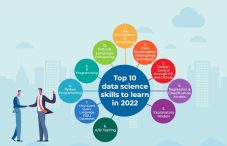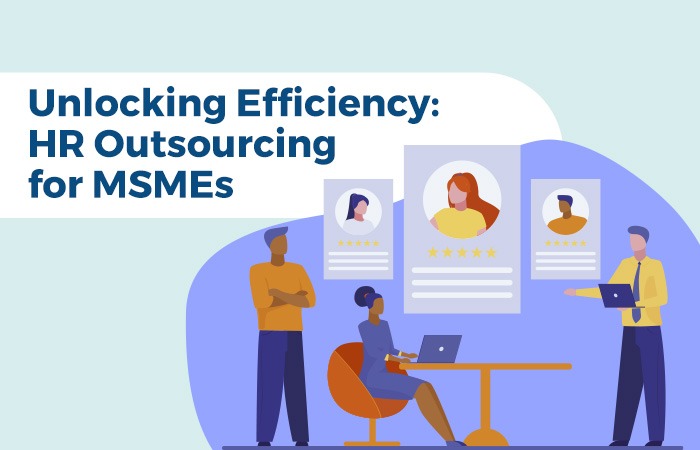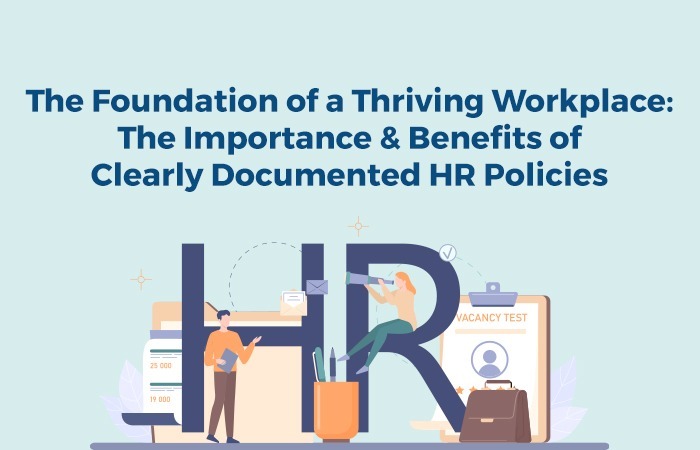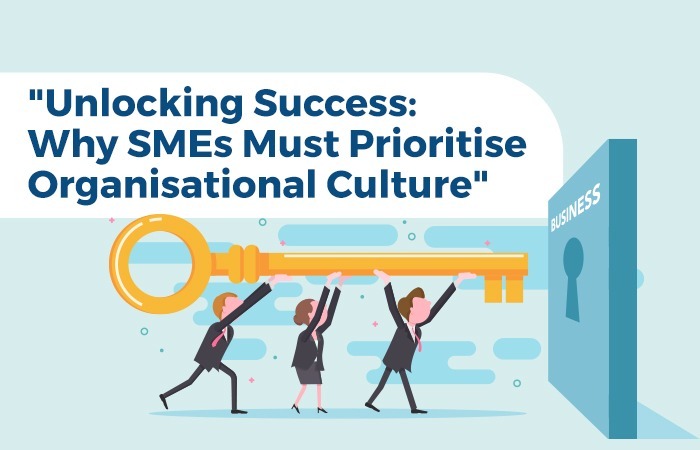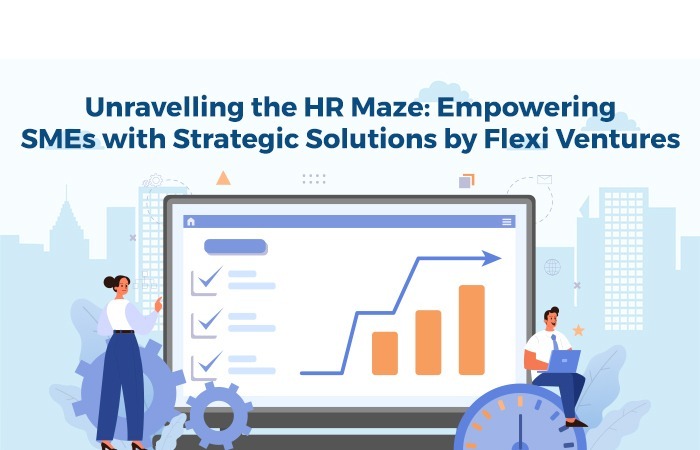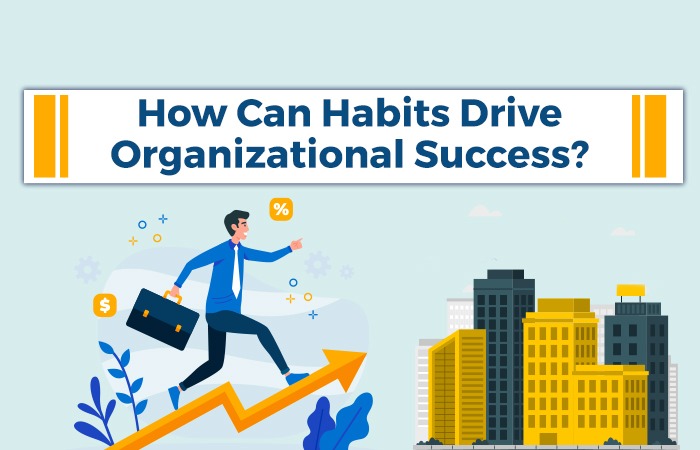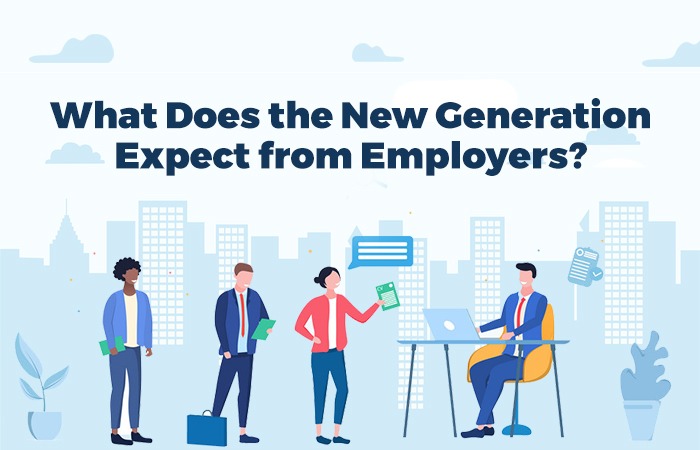Pursuing a career in the field of data science is becoming increasingly lucrative because of the advancements in technology and reliance on computers to get the job done. Data science involves extracting information from a large volume of structured and/or unstructured data using various algorithms, scientific methods, and procedures. Later on, the expert interprets this information and applies the gathered knowledge to make informed business decisions. The rapidly growing job market for data science is likely to exhibit a 28% increase in labour demand by 2026. Hence, it is the perfect opportunity to pick up new skills and pursue a well sought after career in data science.
Here are some of the skills of data science you can try to get into in order to kick-start your career in 2022.
- Data Visualisation and Storytelling:
The first on the list may seem awkward, yet it is pertinent that you know it. Statistical data are impractical if people do not understand them. Newsflash! Most people do not understand it. So, data visualisation and storytelling skills are essential so that your team can comprehend complex data in a clear, short summary. Tools like Tableau, d3.js, ggplot, etc., can be used to visualise data.
- Data Manipulation (Wrangling) and Analysis
Processing large volumes of data can be tedious. Data manipulation or wrangling involves converting data from one format to another using Python, SQL, etc. Then, it would become easy for you to analyse the data in the latter stages. While wrangling can take up time, it would ultimately ensure that you can make informed decisions quickly based on sorted data.
- Version Control through Git and GitHub
The control system, Git, allows you to manage your source code and keep track of its history. In contrast, GitHub happens to be a repository for files and folders and it is entirely cloud-based. You can keep track of your projects at every stage while also collaborating with others on projects.
- Regression and Classification Models
Machine Learning is one of the core skills of data science that is utilised to build regression and classification models. In short, they are predictive models that use previous data to predict future outcomes. It would be ideal to start with entry-level regression models and then work with advanced ones like XGBoost, Random Forest, etc.
- Explanatory Models
These models are built using regression models. They help you to comprehend the association between input and output variables with valuable statistics.
- A/B Testing
It is one of the prevalent statistical concepts used by countless businesses. A/B Testing allows you to test and differentiate between two groups to determine which one performs better based on some parameters.
- Structured Query Language (SQL) Databases
The programming language is specially designed to handle massive volumes of data available in relational database management systems. SQL can be used to retrieve and read data from the database or to update it. Yet, the first step towards data evaluation is writing SQL queries and programming them on workflow management platforms.
- Python Programming
Python is undeniably the most adaptable programming language globally. It is capable of data mining, constructing websites, developing games, analysing and visualising data, search engine optimisation (SEO), developing graphic design applications, etc. Python’s data analysis library, Pandas, can be used for data manipulation and analysis. It can import data from spreadsheets and plot them accordingly.
- R Programming
The nearly three decades old, R, is a programming language that enables statistical computing and graphical works. It has seen widespread use in academic contexts. The integrated suite of software can quickly execute algorithms of machine learning and allow non-linear and linear modelling, clustering, time-series analysis, etc.
- Natural Language Processing
One of the many branches of Artificial Intelligence (AI) is Natural Language Process, which is widely known through its acronym NLP. NLP can be used to analyse public sentiment regarding businesses and their products and services. It can also distinguish positive and negative feedback on a business’s social media platform. Moreover, it can extract texts, and it is the driving force behind virtual assistants and chatbots.
There you go! You have ten skills that you could pursue in your drive to become a data scientist. Data science is going to be the core of businesses globally for the years to come. Old and new companies are consistently incorporating various data science techniques to bolster their trade and get an edge over their rivals.
In addition, data science certainly helps in understanding their potential opportunities for growth, foresee probable problems, and helping devise strategies to overcome them. Hence, it is a career worth pursuing.

